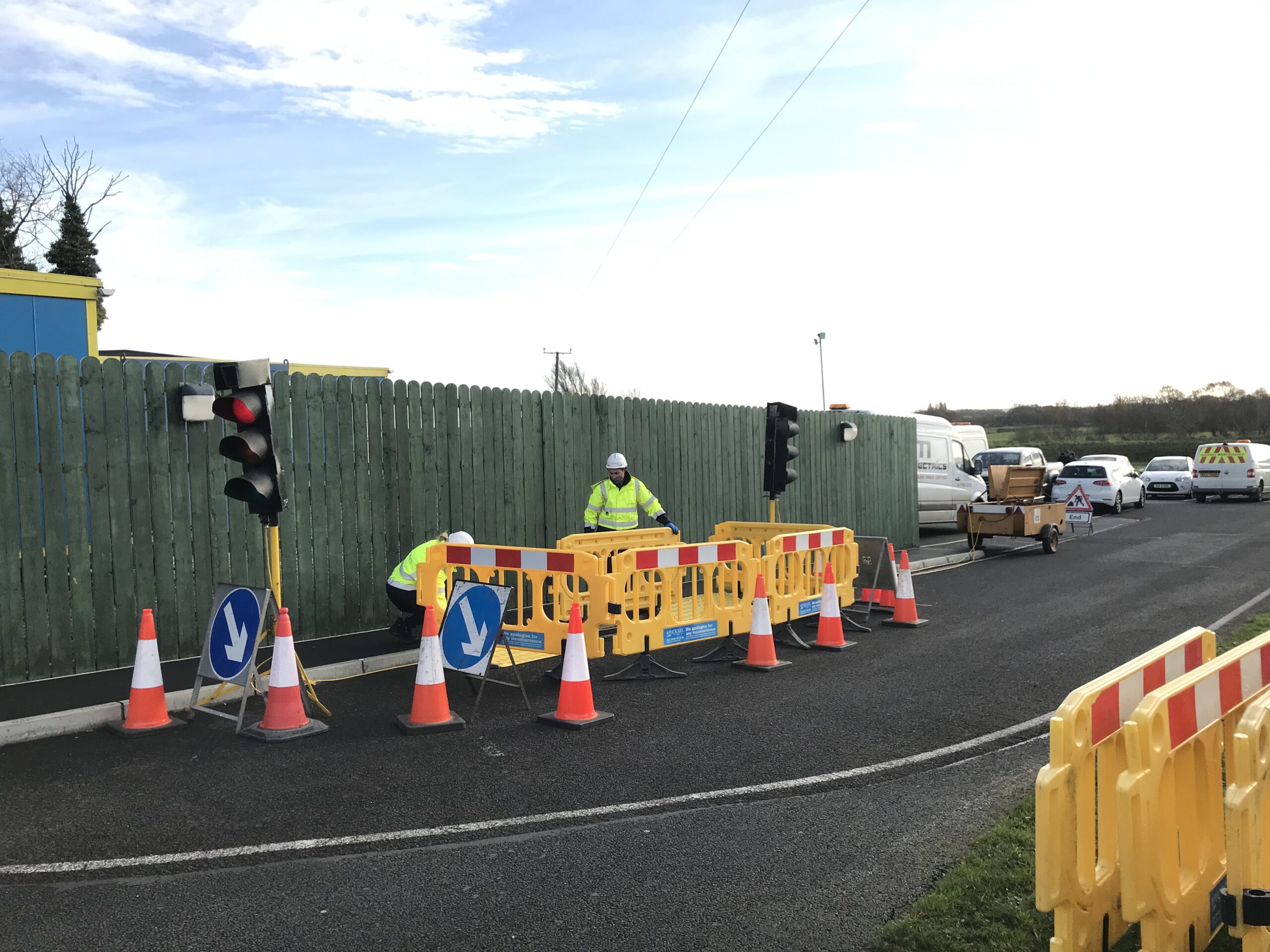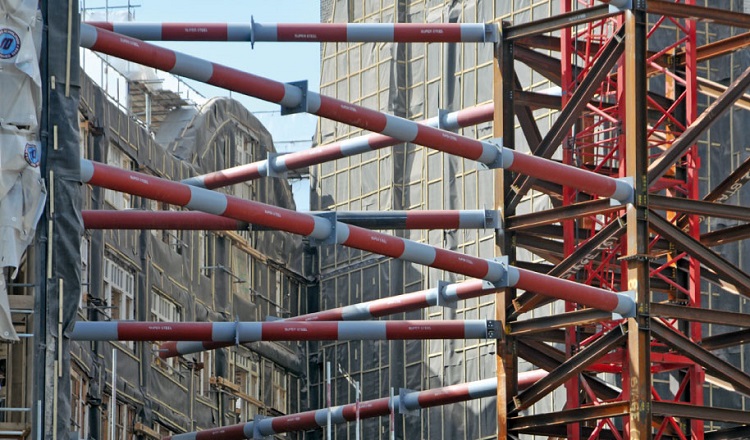Understanding NRSWA
Not everyone has heard of sign, lighting, and guarding procedures but none of us are strangers to street works! Streetworks or roadworks are a common, and yes, somewhat annoying sight if you’re a road user, pedestrian, or live in the vicinity and have to tolerate daily disruption and temporary traffic lights for a while!
Those working in the construction industry know that the teams behind the scenes have a challenging job to do. They often work during peak traffic hours as well as through the night to ensure the safety of everyone involved, and the efficient delivery of much needed road improvements during these times. Skilled street works operatives will be familiar with best practice in relation to signs, lighting, and guarding.
NRSWA Legislation
The importance of NRSWA Sign, Lighting and Guarding Training is addressed within the New Roads and Street Works Act (NRSWA) as it enables properly trained operatives to minimise the negative impacts of street works to the public, as well as mitigate the risks to workers delivering the project.
The New Roads and Street Works Act (NRSWA) is a piece of UK legislation designed to regulate and coordinate roadworks and street works on public roads. Its primary objectives are to minimise disruption, ensure safety of workers and road users, and maintain the integrity of roads and streets.
Sign, Lighting and Guarding: The Basics
1. Safety Illumination
Sign, Lighting and Guarding Training focuses on ensuring that roadworks are visible and safe, especially during low-light conditions or at night. Proper illumination is crucial to alert drivers and pedestrians to potential hazards. This training teaches workers how to install, maintain, and use lighting equipment effectively.
2. Traffic Management
Controlling traffic flow is another critical aspect. Workers are trained in placing signs, cones, and barriers strategically to guide and protect road users. They will learn how to set up and maintain temporary traffic management systems, keeping both drivers, workers, and pedestrians safe.
3. Emergency Response
In cases of accidents or emergencies during roadworks, workers trained in Sign, Lighting and Guarding are equipped to respond swiftly and efficiently. This aspect of training ensures that all workers know what to do in case of an unexpected event.
Why NRSWA Sign, Lighting and Guarding Training Matters
Safety First: The safety of workers and the general public is paramount during roadworks. Proper training ensures that everyone involved knows how to minimise risks effectively.
Reduced Disruption: Well-planned and well-lit roadworks are less disruptive, leading to smoother traffic flow and less frustration for commuters.
Compliance: NRSWA compliance is not optional. Proper training ensures that roadworks are conducted according to legal standards, avoiding fines and legal issues.
Emergency Preparedness: In the event of an accident or emergency, trained workers can act quickly and appropriately, potentially saving lives.

Training and Certification
To become proficient in NRSWA Sign, Lighting and Guarding, workers need to undergo formal training provided by certified trainers and organisations.
At Industry Training Services we offer NRSWA accredited Sign, Lighting and Guarding (Operative O1/Supervisor S1) Training at our Portadown HQ. It is a one-day course intended for operatives or supervisors involved in utility works and working on public roads and footpaths throughout the UK.
The course covers the statutory training requirement for placing signs, cones, barriers etc., on public roads and footpaths and enables candidates to gain the necessary qualifications.
The course combines classroom-based training followed by a practical assessment. Operative candidates are assessed through carrying out practical exercises, whilst supervisor candidate assessments comprise of knowledge questions followed by observation of operatives carrying out various tasks.
NRSWA Sign, Lighting and Guarding Training plays a starring role. It ensures that our roads remain safe, well-lit, and efficiently managed, benefiting everyone who uses them.
Stay informed, stay safe, and keep the roads moving!
Contact Us:
Portadown HQ: 028 3839 8700
Dublin HQ: (01) 891 6105
Email: info@industrytrainingservices.com
For more information visit: https://www.industrytrainingservices.com/




